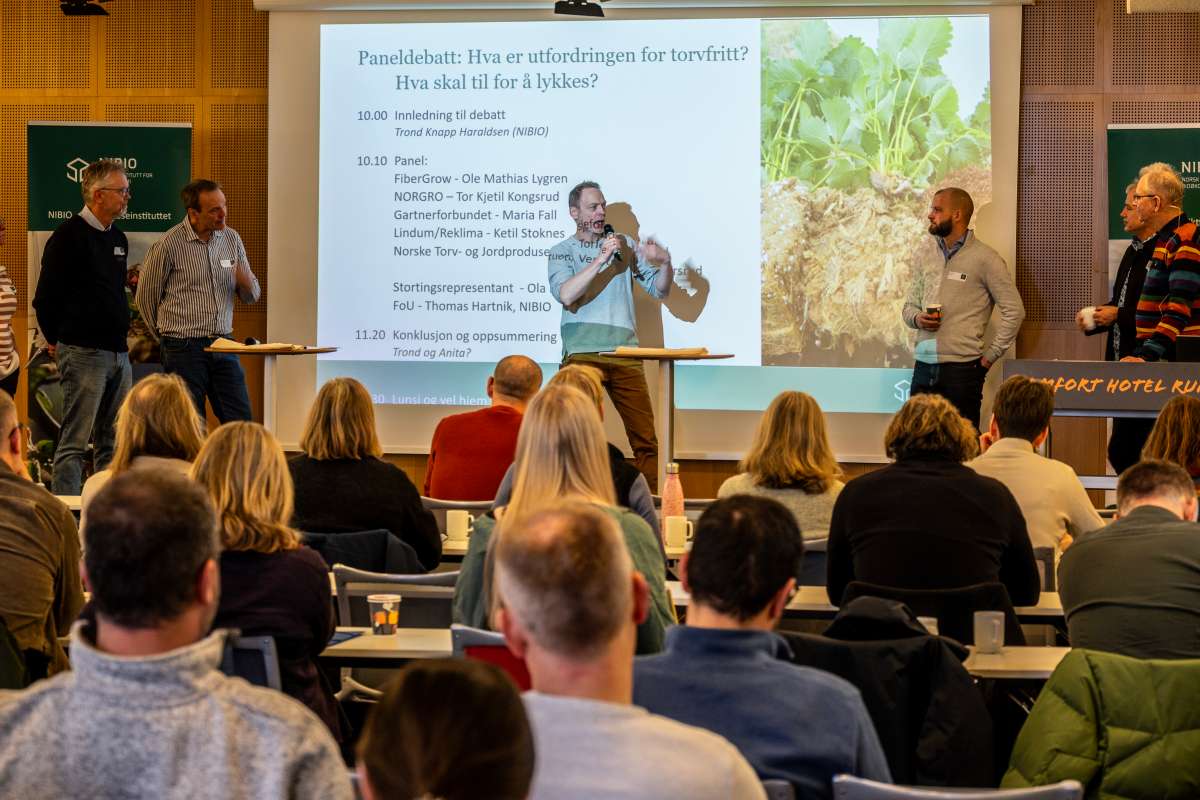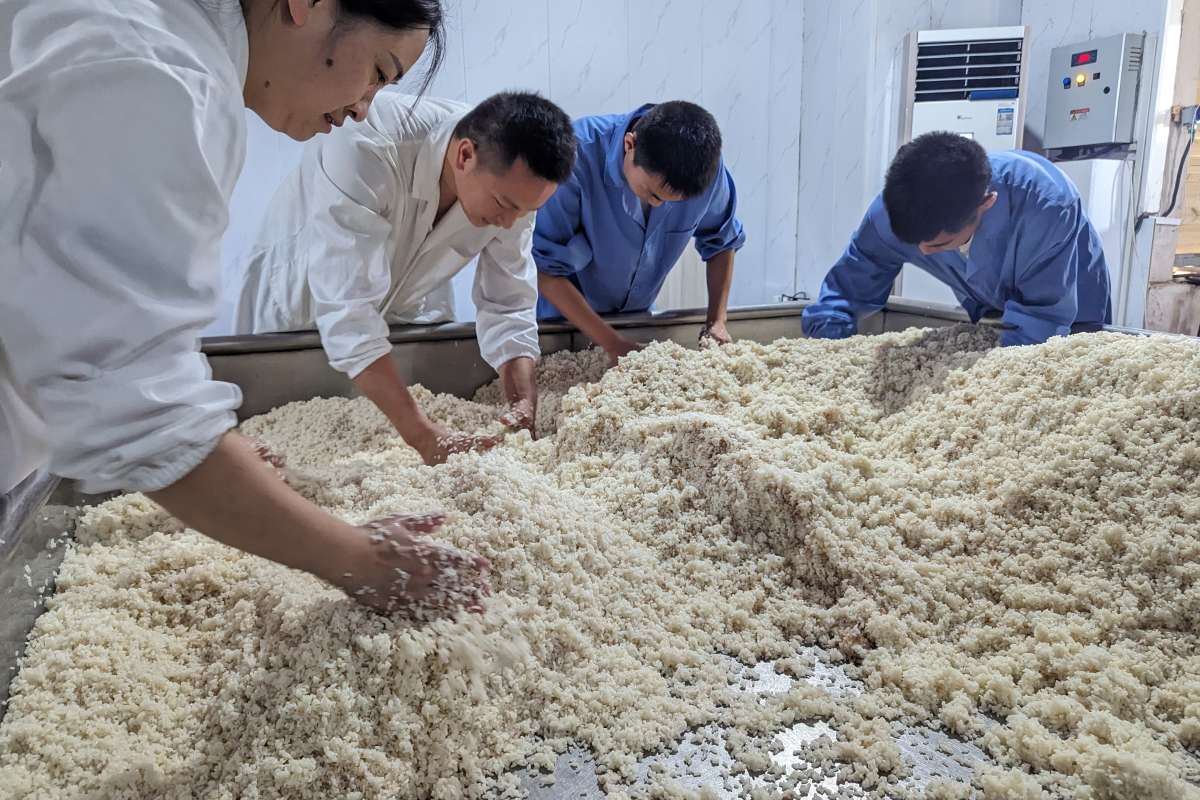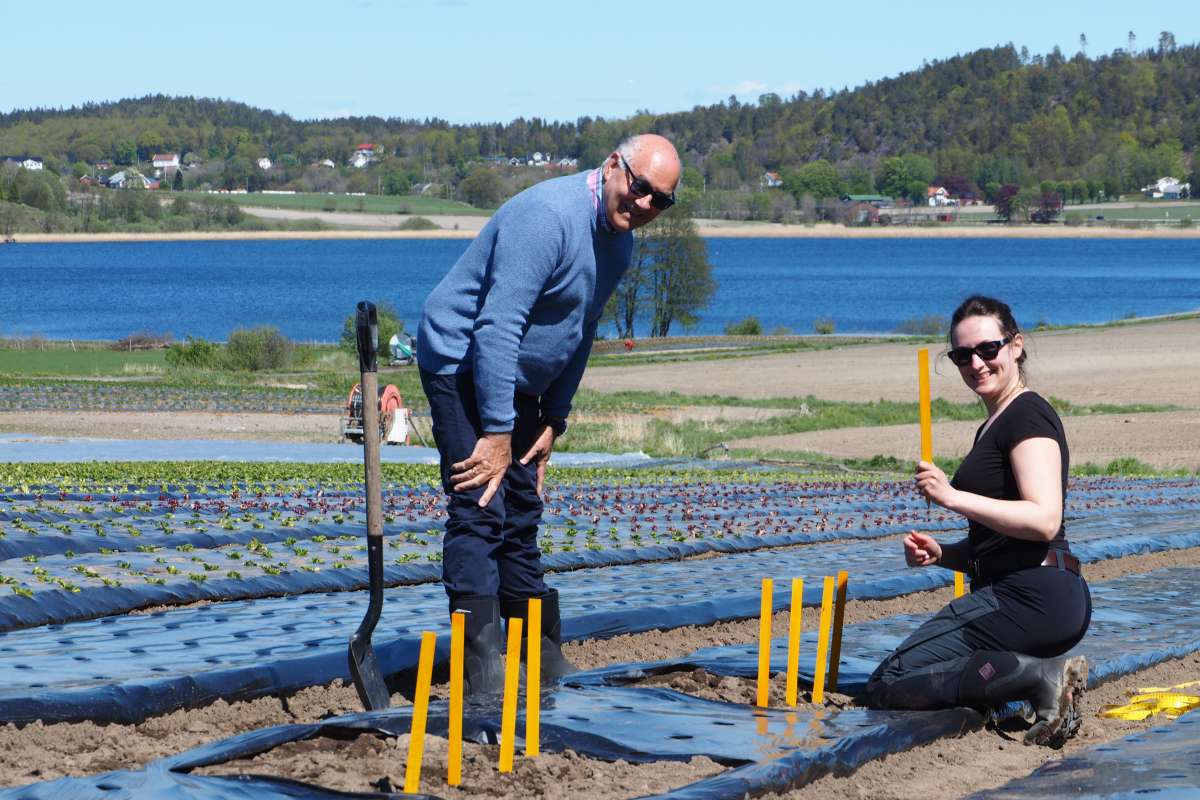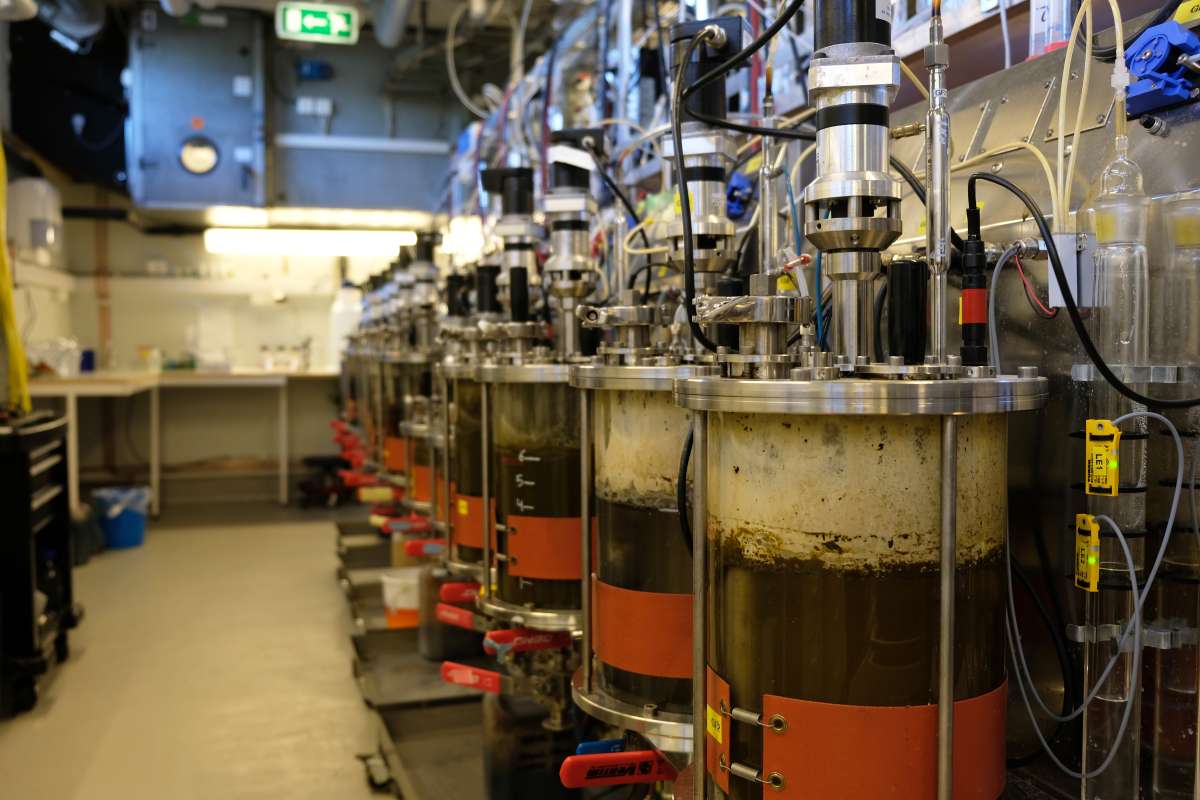Towards a more sustainable management of flower waste
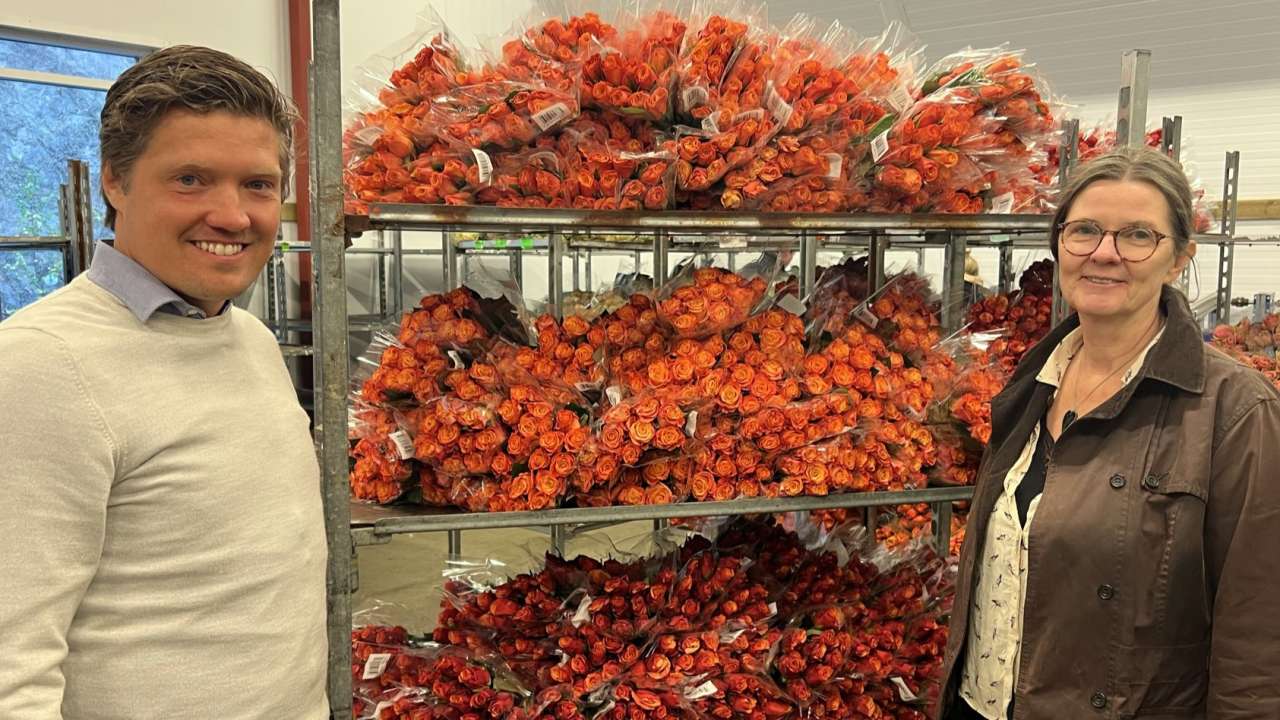
Environmental Manager at Mester Grønn, Henrik Jagland, and Senior Researcher at NIBIO, Trine Eggen. Photo: Kathrine Torday Gulden
Every year, thousands of tonnes of plant material are discarded by flower retailers across Norway. In collaboration with industrial partners, NIBIO is attempting to find methods for a more sustainable management of plant waste.
Mester Grønn, a Norwegian flower chain, is headquartered at Liertoppen in Buskerud in Eastern Norway. Flowers and plants from both domestic and international sources arrive here for further distribution to the chain's retailers. However, before the roses are packaged and sent off for sale, the bottom five centimetres of their stems are cut off and handled further by a waste management company.
"In rose trimmings alone, we are looking at approximately 100 tonnes of waste per year. This is in addition to large amounts of plant waste from our shops," says Henrik Jagland, environmental manager for Mester Grønn.
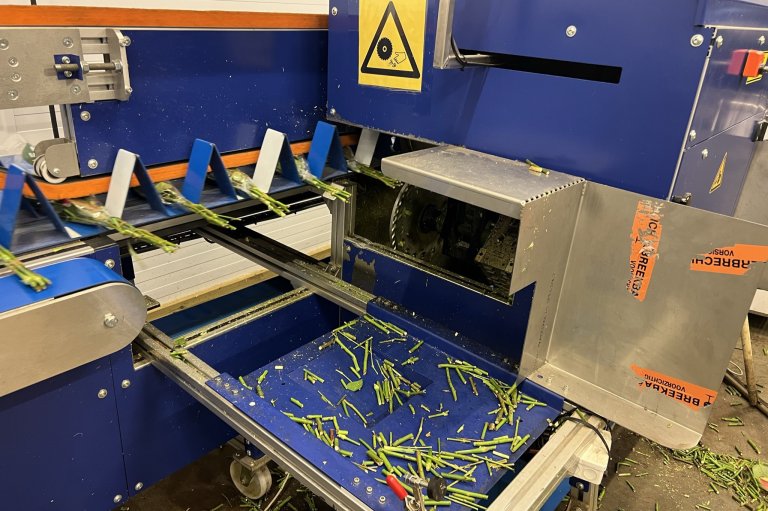
"What we are aiming for is a more sustainable and circular approach to waste management, for example by treating it and utilising it as biogas and compost soil," adds Erling Ølstad, CEO of Mester Grønn.
"In addition, we wish to obtain and disseminate new knowledge that can contribute to more environmentally friendly production, both here in Norway and in Kenya and other African countries where the majority of our Fairtrade flowers come from."
Axel Wiig is a gardener who operates Interflora Flower Shop and Horticulture in Mysen. Like Mester Grønn, he is keen on utilising plant waste rather than disposing of it. For many years, he has therefore composted the waste. The finished compost soil is used for the production of flowers, potted plants, and garden plants for sale.
"Composting is a practical and climate-friendly way to get rid of plant waste. In addition, we see that it turns into good soil that we can use in our production," he says.
"Everyone who has the opportunity should have a compost heap in my opinion."
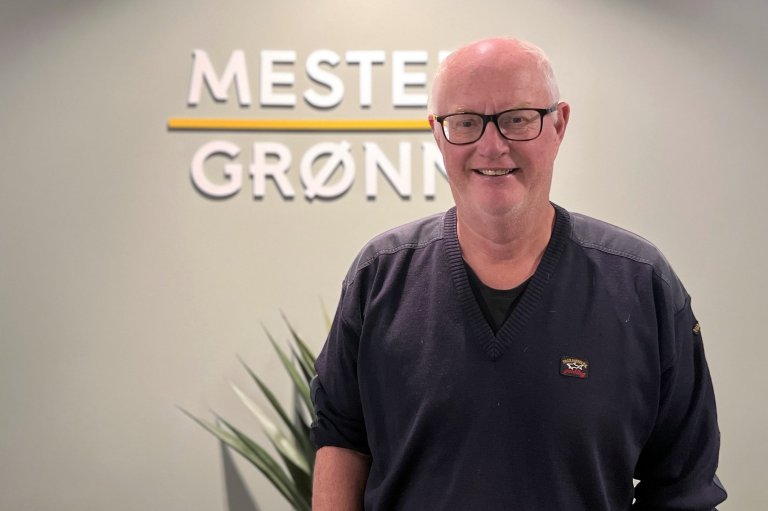
Flowers and decorative greenery may contain pesticides
Composting is a process in which organic material, such as garden and food waste, is transformed into soil by fungi, bacteria, and larger organisms like earthworms.
"Composting keeps important nutrients in circulation. Moreover, the process has been shown to be effective in breaking down a variety of pesticides found in plant waste," says Dr. Trine Eggen, senior research scientist at NIBIO.
In a recently concluded project led by Dr. Eggen, NIBIO collaborated with Axel Wiig and Mester Grønn to explore how their waste management could become more sustainable.
In addition to conducting small and large composting experiments in oxygen-rich environments, known as aerobic composting, the researchers performed screening analyses of samples from specific flower species and green plants, and of plant waste consisting of a mixture of various flowers and decorative greenery.
Around 130 different pesticides were detected in the analysed samples. Most of these were EU-approved pesticides, but some non-approved pesticides were also found.
"We are keen on acquiring more knowledge about the properties of various pesticides and finding the best ways to treat plant waste so that harmful substances are degraded and the compost soil becomes safe to use," says Dr. Eggen.
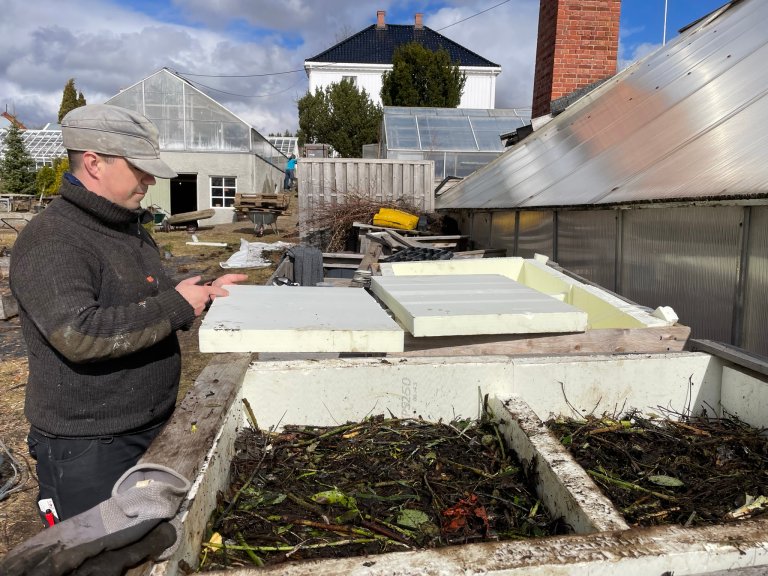
Optimising the composting process
The composting experiments and pesticide analyses conducted by NIBIO showed that both the number and concentration of most pesticides decreased in a standard composting process.
"Nevertheless, we observed that there are some pesticides that have longer, and up to very long, degradation times. In such cases, composting conditions must be optimised for the substances to break down sufficiently," says Dr. Eggen.
Optimised composting means implementing measures to ensure that the organisms responsible for digesting the organic matter thrive and work more efficiently.
"There are various ways to optimise the composting process," says Dr. Eggen.
"Among other things, you can chop up the plant waste into smaller pieces, ensure that the compost remains moist with the right pH and temperature, turn it regularly to increase airflow, and ensure that there is a balance between carbon- and nitrogen-rich materials in the mix."
Some pesticides are more persistent than others
However, not all pesticides are degraded even when composting conditions are favourable. NIBIO's analyses revealed, for example, the presence of some persistent pesticides after 95 days in hot compost under optimised conditions.
"Such pesticides may contain fluorine, chlorine, or other chemical structures that make them resistant to degradation by the organisms that convert plant waste into compost soil," says Dr. Eggen.
She points out that in a composting process where no special measures are taken, persistent pesticides can remain in the compost for a long time.
"This can be a problem if it concerns substances that can have negative environmental consequences," says Dr. Eggen.
"If the compost is to be used for growing edible crops, it is also important to ensure that the compost has undergone a good treatment process. Of course, it will also depend on the concentration of the relevant substances in the plant waste in the first place."
To investigate the degree of degradation of persistent pesticides, NIBIO conducted experiments in oxygen-free environments, i.e., anaerobic digestion trials in a bioreactor, using cattle manure as substrate. The researchers are also studying the effect of anaerobic digestion followed by aeration.
"So far, what we can say is that anaerobic digestion seems to result in faster degradation of some substances, but not all. For most substances, degradation occurs more rapidly with air present. But this is something we need to examine more closely before we can provide final answers," says Dr. Eggen.
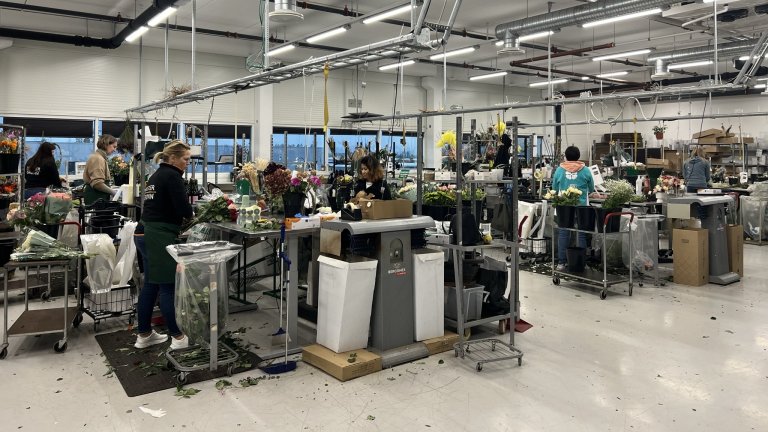
With an aim to make the flower industry more environmentally friendly
Back at Mester Grønn and Axel Wiig's, there is great interest in the project's preliminary findings and the way forward.
Mester Grønn's director Erling Ølstad emphasises that the flower chain, which employs around 2300 people in Norway and 5000 in Kenya, actively works to achieve the UN's sustainable development goals, particularly in the areas of environment and poverty reduction.
"This is part of this project, in my opinion. That we can go back to our production environments in Norway and Kenya and share the findings from the project with them," he says.
Ølstad stresses that Mester Grønn's participation can help focus on flower production in both the northern and southern hemispheres and contribute to making it more environmentally friendly.
"Reduced use of environmentally harmful pesticides is good for the industry, good for pollinators, good for water and soil environments, and, importantly, good for humanity and society as a whole," he says.
"And then there is the circular economic aspect here as well. If we can eventually utilise our waste in a safe manner, and produce biogas, phosphorus, and our own flower soil, then that's great. But we have to do it in a way that is sustainable for all and ensure that the products that come out are safe and of good quality."
Contacts
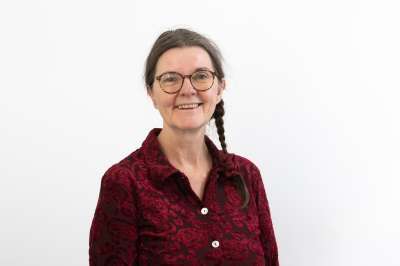
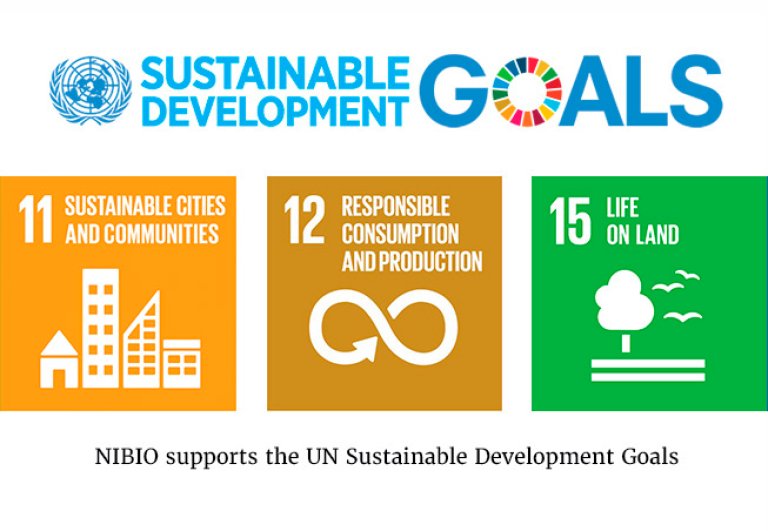
About the project
In the project "Knowledge and measures for the treatment of waste containing pesticides and for reducing the spread of pesticides in the environment," the main objective is to provide knowledge to enable recommendations on methods for sustainable handling of waste materials with high concentrations of pesticides. In addition to collaboration with the flower industry, the project has investigated the composting of biofilters used for treating runoff water from areas where pesticides are handled and where spray equipment is parked/washed. This work has been carried out in collaboration with potato farmer Bernt Snapa.
The project is led by senior research scientist Dr. Trine Eggen at NIBIO and is funded by the Norwegian Agricultural Authority.
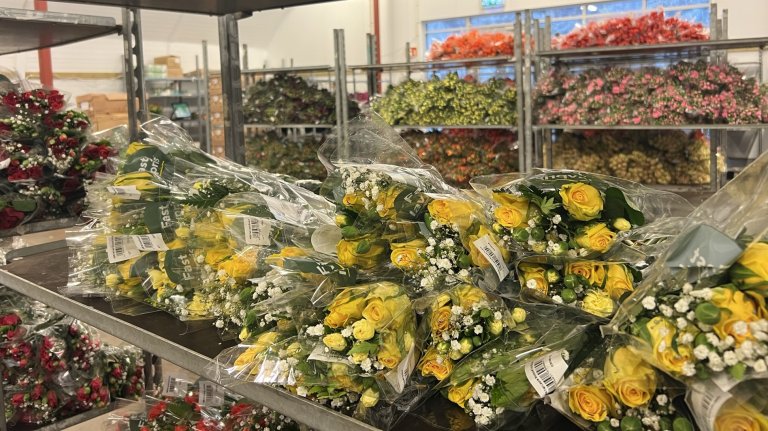
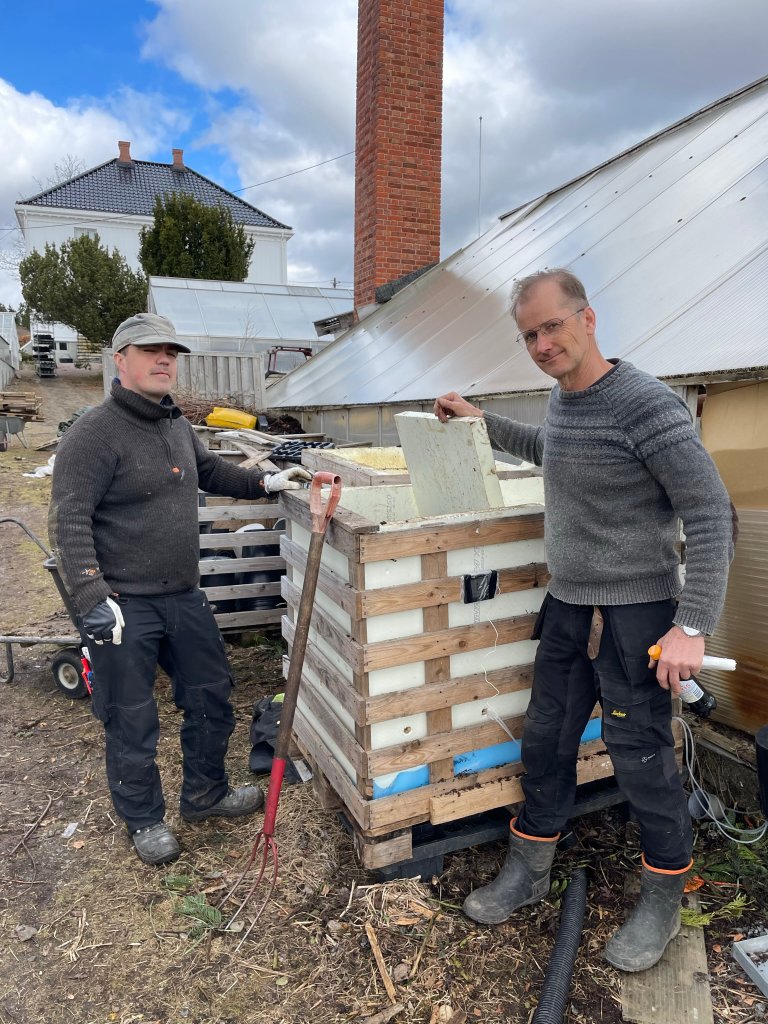
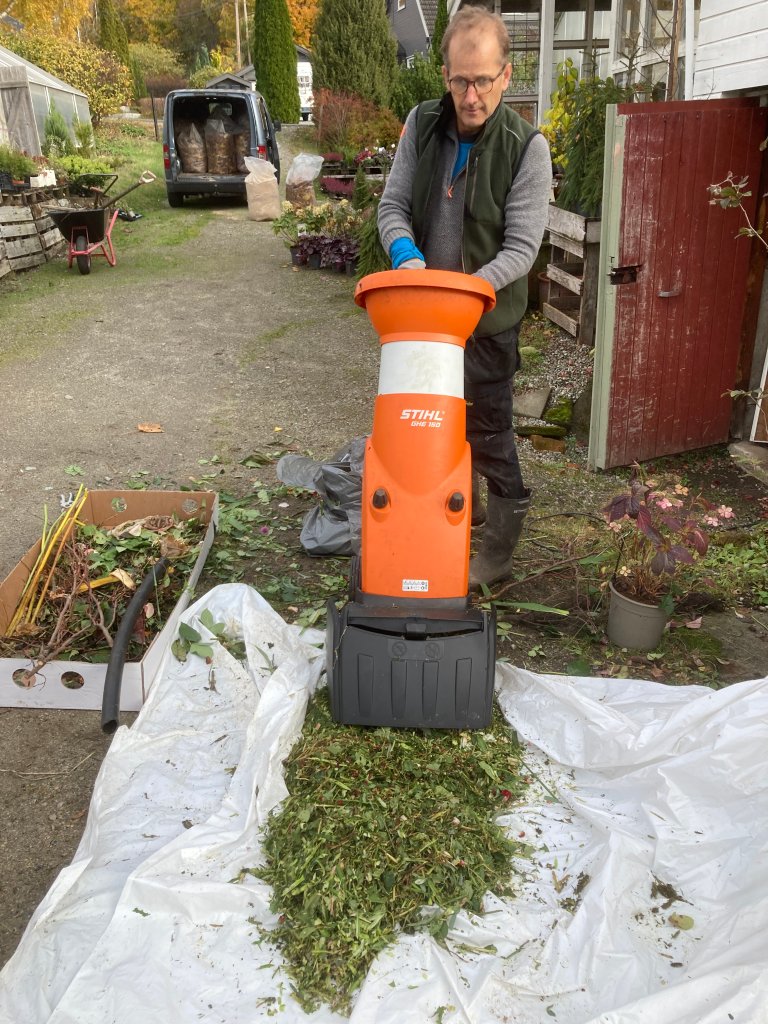
Contacts


